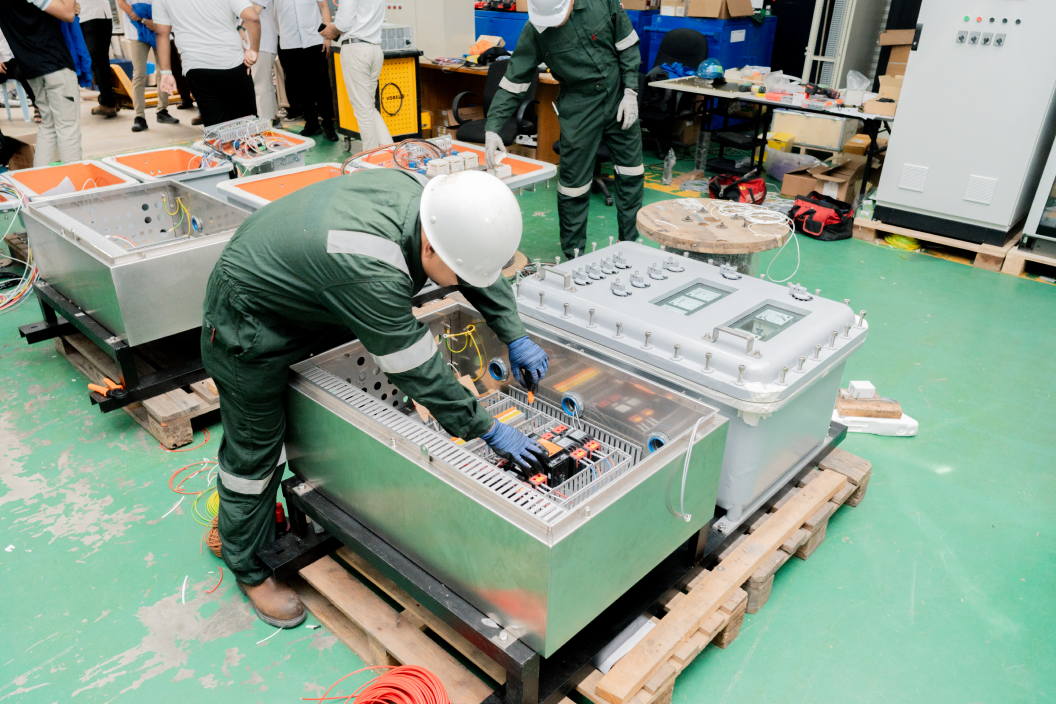
In the intricate dance of technology that surrounds us daily, there exists a silent hero: electrical controls. Often overlooked but undeniably essential, electrical controls serve as the unseen architects of our modern world. Let’s delve into the fascinating realm of electrical controls, uncovering their significance, evolution, and remarkable applications.
The Heartbeat of Automation:
At their core, electrical controls are the nerve center of automation. From the moment we flip a light switch to the intricate operations of industrial machinery, electrical controls orchestrate the flow of electricity, transforming it into meaningful action. Imagine the precision required to synchronize the movements of robotic arms on a factory floor or the delicate balance needed to maintain optimal temperature and humidity levels in a climate-controlled environment. Electrical controls make these feats possible, seamlessly integrating with sensors, actuators, and other components to bring automation to life.
Evolution and Innovation:
The evolution of electrical controls is a testament to human ingenuity and technological progress. What began with simple switches and relays has blossomed into a sophisticated array of devices and systems. Programmable logic controllers (PLCs), for instance, have revolutionized industrial automation by offering unparalleled flexibility and programmability. These compact yet powerful devices can execute complex sequences of instructions with lightning speed, enabling manufacturers to adapt swiftly to changing demands and optimize production processes.
Moreover, advancements in microelectronics have paved the way for smart and interconnected electrical controls. From Internet of Things (IoT) devices to cloud-based control systems, modern electrical controls offer unprecedented levels of connectivity and data exchange. This connectivity not only enhances efficiency and productivity but also enables predictive maintenance and real-time monitoring, leading to cost savings and improved reliability.
Applications Across Industries:
The impact of electrical controls extends far beyond the confines of industrial settings. They permeate every aspect of our lives, from the appliances in our homes to the infrastructure that powers our cities. In the automotive industry, electrical controls govern everything from engine management systems to advanced driver assistance features. In the renewable energy sector, they regulate the generation and distribution of electricity from sources like solar and wind. Even in the realm of entertainment, electrical controls are at work behind the scenes, orchestrating lighting, sound, and special effects to create immersive experiences.
Looking Ahead:
As we stand on the cusp of a new era defined by automation, electrification, and digitalization, the role of electrical controls will only continue to grow in importance. From enabling sustainable energy solutions to driving innovation in autonomous vehicles and smart cities, electrical controls will be at the forefront of shaping the future. As we embrace this electrifying journey, let us not forget to appreciate the unsung heroes silently powering our world forward: electrical controls.
